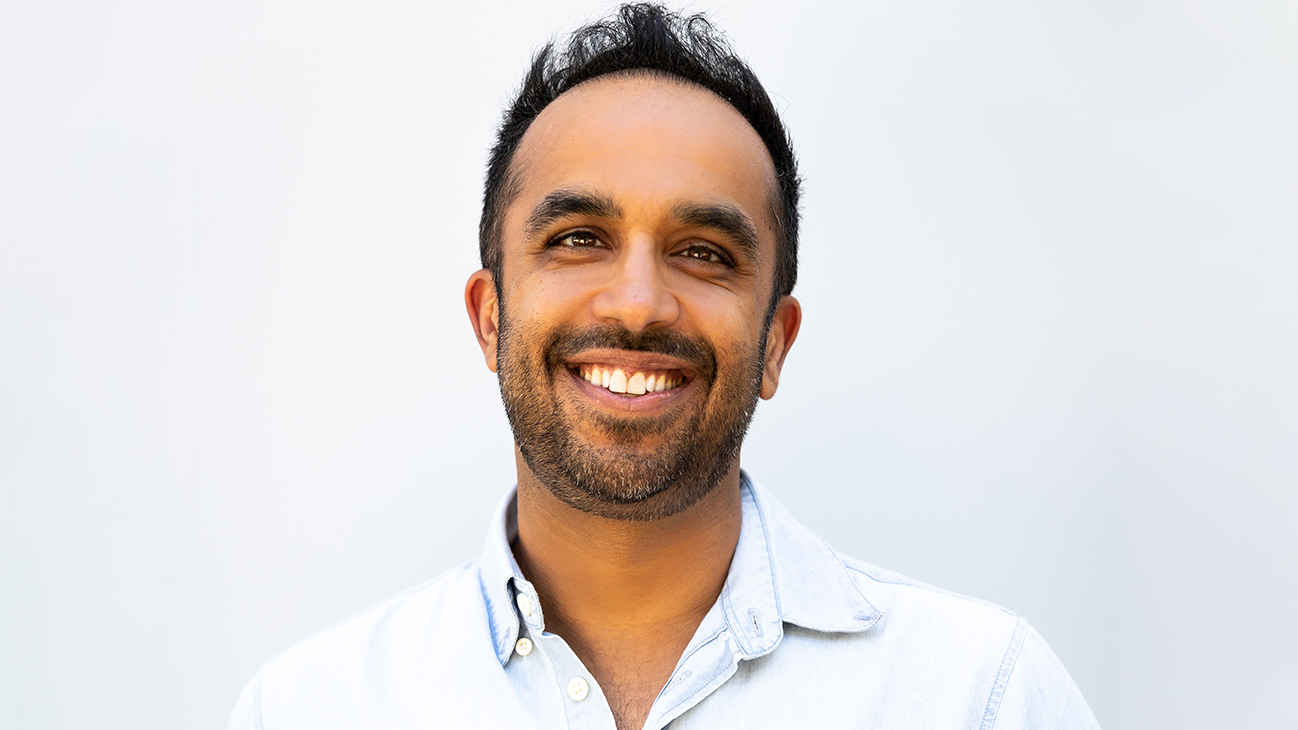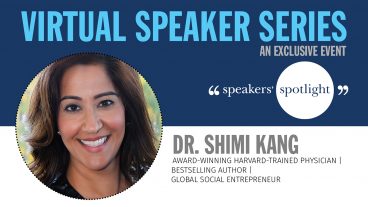Temperatures are rising and days are getting longer — summer is calling! What if this year, you could come back from vacation not only refreshed and refuelled but also happier?
This summer, we’re taking a page out of Neil Pasricha’s book. This globally renowned happiness expert has written 10 books on happiness, gratitude, habits, and resilience that share different strategies, tips, and tactics to cultivate a positive mindset amidst chaos.
In a recent article with CNBC, Neil shared five research-backed practices he does daily to feel happier. What better time to put them into action than the lazy, hazy days of summer? Check them out below and, as a bonus, learn about his two-minute morning practice to start your day off right.
Neil Pasricha’s Five Research-Backed Practices to Feel Happier
1. I wake up and look at my “ikigai.”
Ikigai is a Japanese word that roughly translates to “the reason you get out of bed each morning.”
Every night, my wife and I write down our ikigai on a blank index card. We fold them in half and set them up like tents on our bedside table. It serves as a north star and helps us wake up with a sense of purpose.
Sometimes I’ll feel lofty (“Helping people live happy lives”), or laser-focused (“Finish writing the next chapter of my book”). Other days, I’ll try to neutralize my morning anxiety (“You have enough”).
2. I walk three miles a day.
Studies show that physical activity boosts happiness. I choose walking because it’s good for your health and improves creativity. Another benefit: it brings out my inner birder.
The average walking speed is about three miles per hour, so taking just one of my meetings while walking gets three miles in. Since I’m not surrounded by screens, I’m more focused, too.
3. I follow the “wear one suit” rule.
It’s easy to be distracted by random thoughts when you’re doing an activity. But research shows that your happiness rises when you don’t allow your mind to wander, and you focus on just doing that one thing, whether it’s shopping or cleaning or listening to a podcast.
My “wear one suit” rule helps me stay focused: I wear the same suit jacket, dress shirt, blue jeans, running shoes and watch to every speech and interview I do. This way, I’m not thinking about my outfit before, during, or after my appearance.
The same goes with breakfast. I’ve been drinking the same morning smoothie for 15 years. Then I’m not worrying about what I’m going to make for breakfast tomorrow as I’m cooking dinner.
4. I write a cue card.
To avoid feeling overwhelmed, I write a list of the next day’s three most important tasks before bedtime. I always start with the hardest task, such as writing, which for me takes up more energy than anything else.
A laundry list of 20 things would feel like too much, so this prioritization helps me sleep better. And by choosing only three tasks, I’ve already done the hard work of deciding what not to focus on.
I buy 100-packs of index cards from the dollar store, and each time I burn through a pack, I’ll congratulate myself for having 100 focused days.
5. I lock up my phone around sunset.
Studies show that blue light can suppress melatonin, affecting your sleep-wake patterns. Poor sleep can decrease happiness.
When I interviewed Johann Hari, author of Stolen Focus, he told me he puts his phone in a lockbox with a timer every night. Now I do the same thing to limit blue light exposure. I also use dimmer lights and read fiction to help my brain fade into a deeper sleep.
Like any habit, Neil says, it’s not about being perfect but about feeling a bit better — or happier — everyday. So, if you stumble one day, that’s ok! There’s always tomorrow.
A Harvard MBA, New York Times bestselling author, award-winning blogger, and one of the most popular TED speakers in the world, Neil Pasricha is “a pied piper of happiness” who dazzles audiences with ideas and simple tools that help skyrocket organizational happiness and engagement.
With infectious enthusiasm, heartfelt authenticity, and a “what works” authority, Neil draws on the latest research to show audiences how to enhance individual performance and create a more positive and productive workplace. Contact us to learn more.




